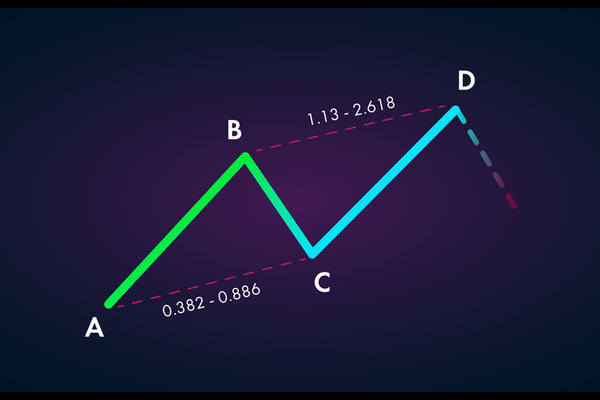 Summary:
Summary:
The premium fluctuates due to factors such as economic fundamentals, political risks, and market sentiment. Its level affects investor decision-making, cross-border trade costs, and capital flows, thereby affecting international investment and capital markets.
The exchange rate risk premium is a risk compensation mechanism in the
foreign exchange market. If a foreign exchange investment project faces
significant risks, it correspondingly requires a higher return rate, and the
risk is directly proportional to the return. The risk premium in the foreign
exchange market is relative to risk-free returns.
The exchange rate risk premium reflects investors' level of concern about
exchange rate risk, usually manifested as investors' hedging behavior towards
high-risk currencies, leading to an increase in the exchange rate premium of
that currency.
Factors affecting exchange rate risk premium
Economic fundamentals: macroeconomic indicators, inflation rates, interest
rate levels, etc. can all affect a country's exchange rate risk premium.
Countries with strong economic performance, low inflation, and high interest
rates usually attract more foreign investment inflows, reducing the exchange
rate risk premium of their currencies.
Political risk: Factors such as political instability and geopolitical
conflicts can trigger investors' concerns about exchange rate fluctuations,
thereby increasing the exchange rate risk premium.
market sentiment: Investor sentiment and market expectations also affect the
exchange rate risk premium. When market sentiment deteriorates, investors tend
to be more risk-averse, leading to an increase in exchange rate risk
premiums.
The impact of exchange rate risk premium
Investor decision-making: The level of exchange rate risk premium will affect
investors' decisions and their willingness to invest in specific currencies and
countries.
Cross-border trade: The fluctuation of exchange rate risk premiums can affect
the costs and benefits of cross-border trade, thereby affecting the
international flow of goods and services.
Capital flow: Changes in exchange rate risk premiums will guide the flow of
capital between different countries, thereby affecting international investment
and capital markets.
Disclaimer: Investment involves risk. The content of this article is not an investment advice and does not constitute any offer or solicitation to offer or recommendation of any investment product.






